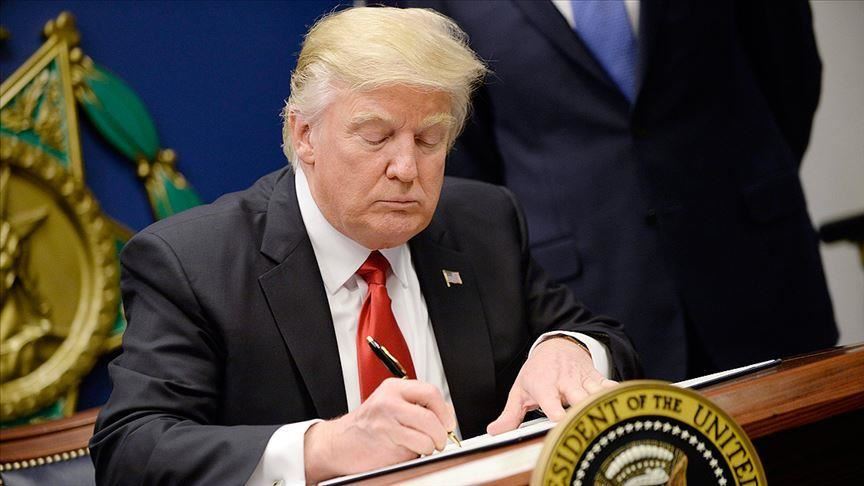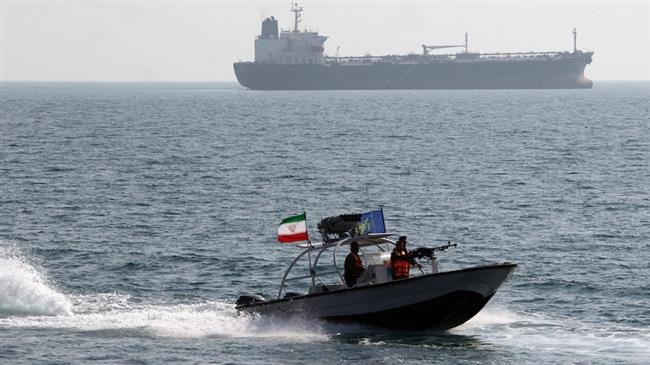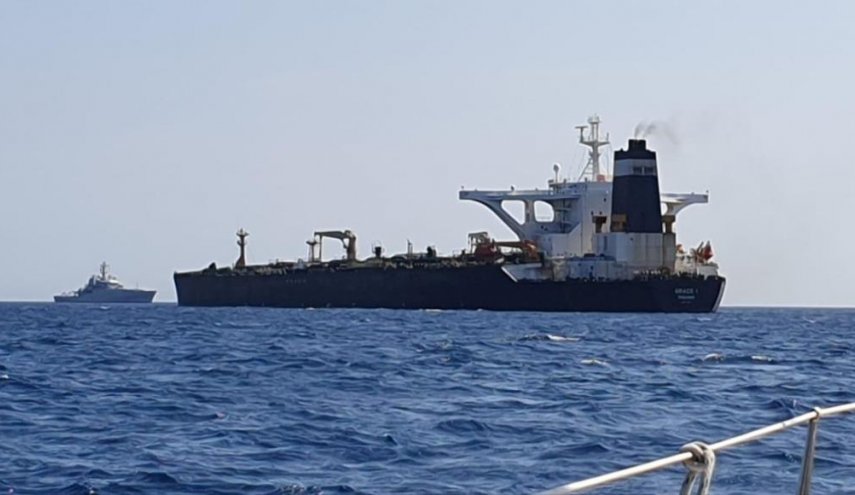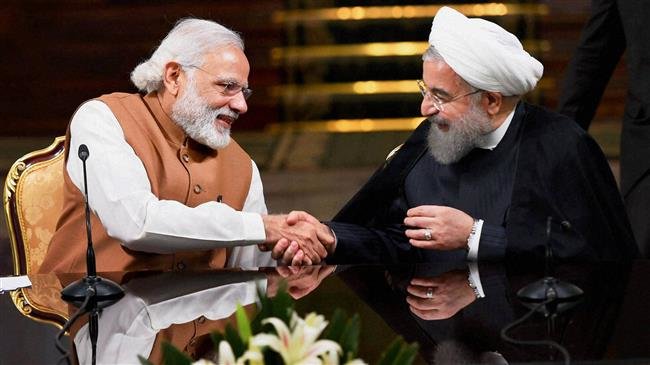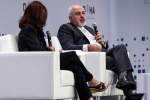U.S. President Donald Trump imposed sanctions on Iran's iron, steel, aluminum, and copper sectors Wednesday as tension between the rivals escalates.
Publish dateThursday 9 May 2019 - 04:44
Story Code : 184769
AVA- The penalties, contained in an executive order, affect what Trump called the Iranian government's "largest non-petroleum-related sources of export revenue" one year after he pulled the U.S. out of a landmark nuclear accord that placed unprecedented curbs on Tehran's nuclear program.
Trump and his senior officials have embarked upon a wide-ranging campaign to ramp up pressure on the Iranian government in the time since, including reimposing U.S. sanctions on Iran's oil sector that were lifted as part of the 2015 agreement.
"Tehran can expect further actions unless it fundamentally alters its conduct," the president said in a statement. "Since our exit from the Iran deal, which is broken beyond repair, the United States has put forward 12 conditions that offer the basis of a comprehensive agreement with Iran."
Trump long decried the Joint Comprehensive Plan of Action before unilaterally exiting Washington from the multilateral accord brokered under former President Barack Obama.
The Trump administration has called on the U.S.'s negotiating partners -- the U.K., France, Germany, China, Russia and the EU -- to follow the U.S. lead, but none have to date, insisting the agreement is the best way to ensure Iran not attain a nuclear weapon.
The deal granted Iran sweeping relief from international sanctions in exchange for unprecedented curbs on and inspections of its nuclear program.
In one of the administration's most critical efforts to force Iran to quit the deal, the Trump administration declined to renew waivers that allowed seven countries and Taiwan to continue to import Iranian oil.
Iranian President Hassan Rouhani said earlier Wednesday that Iran would resume high level enrichment of uranium to near weapons-grade levels if his country’s interests in the nuclear deal are not protected within 60 days.
Javad Zarif, Iran's foreign minister, said Tehran will suspend implementation of two of the deal's key articles, because following through on them is no longer possible due to U.S. sanctions announced May 4 that prohibited the activities.
"Iran is not engaged in escalating tensions, Iran does not want clashes," Zarif said. "Iran is a party to the dialogue, a country that has proved in recent years that it is possible to solve the fundamental problems of the world through dialogue."
Trump and his senior officials have embarked upon a wide-ranging campaign to ramp up pressure on the Iranian government in the time since, including reimposing U.S. sanctions on Iran's oil sector that were lifted as part of the 2015 agreement.
"Tehran can expect further actions unless it fundamentally alters its conduct," the president said in a statement. "Since our exit from the Iran deal, which is broken beyond repair, the United States has put forward 12 conditions that offer the basis of a comprehensive agreement with Iran."
Trump long decried the Joint Comprehensive Plan of Action before unilaterally exiting Washington from the multilateral accord brokered under former President Barack Obama.
The Trump administration has called on the U.S.'s negotiating partners -- the U.K., France, Germany, China, Russia and the EU -- to follow the U.S. lead, but none have to date, insisting the agreement is the best way to ensure Iran not attain a nuclear weapon.
The deal granted Iran sweeping relief from international sanctions in exchange for unprecedented curbs on and inspections of its nuclear program.
In one of the administration's most critical efforts to force Iran to quit the deal, the Trump administration declined to renew waivers that allowed seven countries and Taiwan to continue to import Iranian oil.
Iranian President Hassan Rouhani said earlier Wednesday that Iran would resume high level enrichment of uranium to near weapons-grade levels if his country’s interests in the nuclear deal are not protected within 60 days.
Javad Zarif, Iran's foreign minister, said Tehran will suspend implementation of two of the deal's key articles, because following through on them is no longer possible due to U.S. sanctions announced May 4 that prohibited the activities.
"Iran is not engaged in escalating tensions, Iran does not want clashes," Zarif said. "Iran is a party to the dialogue, a country that has proved in recent years that it is possible to solve the fundamental problems of the world through dialogue."
avapress.net/vdcepe8zojh8vfi.1kbj.html
Tags
Top hits
